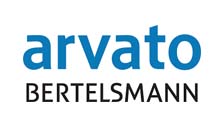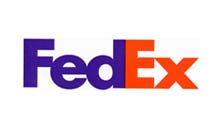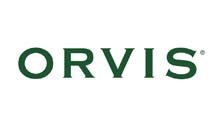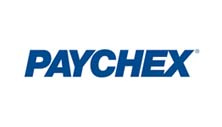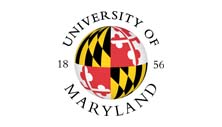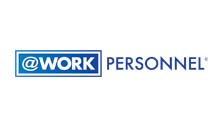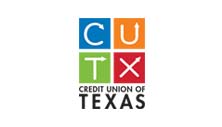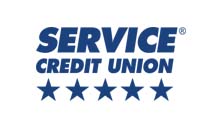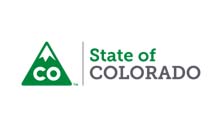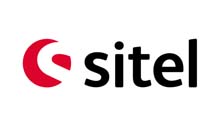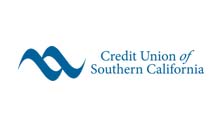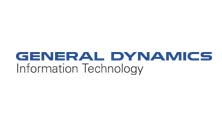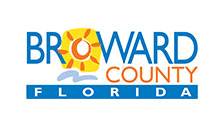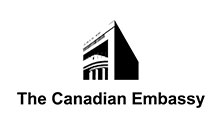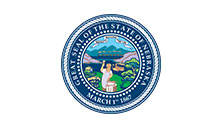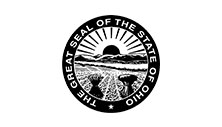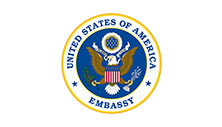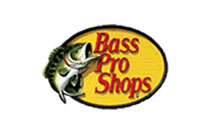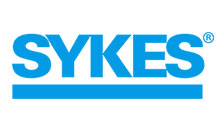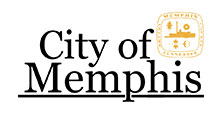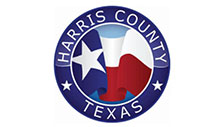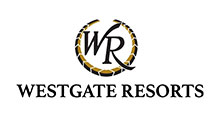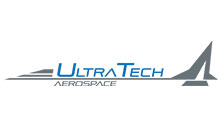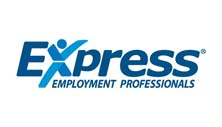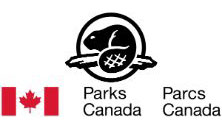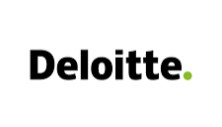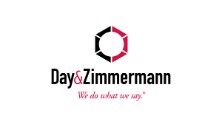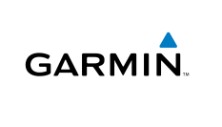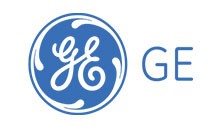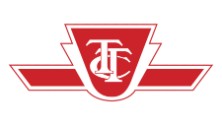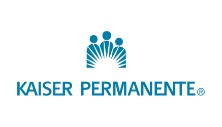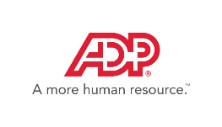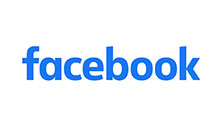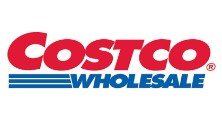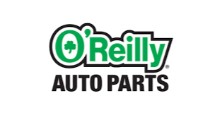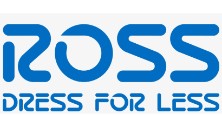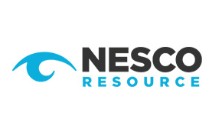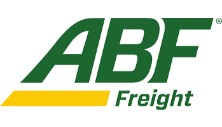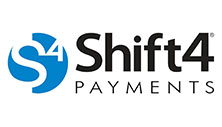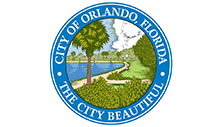Comprehensive Talent Assessment PlatformTM

Pre-employment assessments
Build stronger candidate pools and make smarter hiring decisions. With over 800 standard tests, and customizable tests from thousands of topics and advanced simulations, eSkill helps you deploy valid tests for pre-employment selection.

Behavioral assessments
Prevent hiring “mistakes” by identifying candidates with the right skills and experience and ensure they have the right Job Fit for your company.

Skills testing
Reduce recruiting and training costs as well as time to hire by using skills tests to identify candidates who have the required knowledge and experience to do the job. Use questions from our test library or create questions that simulate your work environment to see how candidates will perform on the job.

Employee training
Screen your employees to figure out who needs training. Quickly identify your employees’ skill gaps in a single test, as well as the strengths and skills gaps of a candidate vs a job requirement.

Video response questions for skill tests
Add video response questions to skills tests to skills and cognitive tests to verify that applicants have the required knowledge and experience as well as the right Job Fit for your work environment.

Cognitive aptitude tests
Measure general intelligence and aptitude for mid-and senior-managerial candidates. Accurately predict job performance by assessing essential abilities such as problem-solving and critical thinking skills, attention to detail, people management, and the ability to learn and apply new information.

Situational Judgement Tests (SJT)
Evaluate whether candidates are a good fit for your company culture by asking them to react to customer service, sales, remote leadership and change management scenarios they will encounter on the job. We provide the questions and you decide how responses should be rated and scored.
Why Choose eSkill?
- Hire top candidates faster and cost-effectively. Many eSkill clients have reduced hiring costs by 70% and decreased time-to-hire by 60%.
- Select from more than 800 pre-prepared tests or create customized assessments by combining questions from multiple tests with your own questions.
- Include video interview questions in any test to make it easy to evaluate the entire candidate, not just skills and experience.
- Include simulations to replicate on-the-job situations to verify that applicants have the right skills and experience and are a good fit for the job.
- Minimize unconscious bias in your recruiting process and hire better-qualified team members, faster, and with defensible compliance.
- Coca-Cola, FedEx, LG, Pepsico, Zappos, and hundreds of other companies use eSkill’s assessments to improve hiring and training outcomes.
Pricing That Fits Your Business Flexible Contract design helps match your annual skills testing objectives with your budget.

Pricing Plan Options
We provide flat-rate Annual Subscriptions and Per-Test-Score Package options.
Check Pricing
Clients
Subscribe to Our Newsletter for Updates
A Guide to the Best Pre-Employment Assessment Tools
HR leaders across all industry sectors understand the importance of recruiting top candidates. Their organization’s survival depends on it because a business needs a top-notch team to compete effectively in today’s dynamic marketplace.
Many HR professionals have heard that using the best pre-employment assessment tools is the key to improving hiring outcomes. Data coming from the Society for Human Resource Management (SHRM) shows that 25% of organizations that use pre-employment assessments plan to expand their use during the next five years, and one in ten organizations that do not use them plan to start in the next five years. Furthermore, 78% of HR professionals say employment testing has helped them improve the quality of hire across their organization.
Statistics like this attract attention from business and HR leaders who do not use pre-employment assessments. They are interested but have many questions. The first question they typically ask is, “What is a Pre-Employment Assessment Tool?” Then they want to know, “What Does a Pre-Assessment Test Consist of?”
What Are Employment Tests?
When HR leaders are researching and evaluating employment assessment tools, they may be confused because there are so many types. So, they often ask, what are pre-employment tests called?
There are many different names for pre-employment assessments, but the definition is the same. A pre-employment assessment is a test that hiring teams ask candidates to complete when they apply for a job. Questions are normally multiple choice, true/false, or short answer. Modern assessments may also include simulations that require applicants to complete tasks they will do on the job and address typical problems so how they will perform in work situations can be evaluated.
What are the Two Most Common Types of Pre-Employment Tests?
The two most common types of pre-employment assessments are skills tests and behavioral assessments. Hiring teams use both to improve hiring quality and productivity and avoid making costly bad hires.
Recruiters use skills tests to verify applicants have the required knowledge and experience to do the job. They can instantly screen large numbers of candidates and identify the best-qualified ones. They also avoid wasting hours manually reviewing resumes.
U.S. Department of Labor data show that the cost of a bad hire can be as much as $240,000 when you include recruiting expenses, staff disruption, incomplete projects, loss of customer goodwill, and potential litigation expenses.
Business leaders know that well-functioning teams are more productive. So, they use behavioral assessments to determine whether applicants are a good fit for a job and corporate culture. According to the Society of Human Resources Management, businesses that use behavioral assessments can increase team performance by nearly 30%.
Recruiters use behavioral assessments to evaluate a candidate’s personality and behavioral tendencies to determine if they will be successful in a job and assimilate into the organizational culture. Unlike skills tests, they are not meant to be diagnostic. They simply indicate whether a potential new hire is a good fit for the organization’s culture.
By reviewing candidates’ behavioral assessment results, recruiters can determine how the candidates think and approach problems, understand their communication style, and predict how they will perform on the job. This helps them hire candidates who are likely to succeed at their company.
What Are Three Types of Tests Used to Evaluate Candidates for Potential Employment?
While skills assessment tests for employment and behavioral assessments are the two most common types of pre-employment assessments, many experts would argue that there are three main types—skills tests, cognitive tests, and behavioral assessments.
As for the question, “What is the main category of employment testing?”, it depends on the job and what you need to measure. This is how skills, cognitive, and behavioral tests work together.
Skills Tests
Skills tests measure an applicant’s knowledge and their ability to perform a specific job. Organizations that implement an industry-leading solution like the eSkill Talent Assessment PlatformTM have access to an assessment Library that contains hundreds of validated, subject- and job-based assessments. HR teams can use standard pre-employment assessments as-is or customize them by removing irrelevant questions and designating question difficulty levels. Examples of popular skills tests in the eSkill Assessment Library include:
- Web Designer
- Administrative Assistant
- Customer Service Representative
- Office Manager
- Database Developer
- 911 Dispatcher
- Maintenance Technician
- Firefighter
- Network Engineer
- Patient Care Assistant
- Hospitality Manager
- Medical Transcriptionist
- Paralegal
Cognitive Tests
Organizations need team members who can think critically and make good decisions on the fly. Cognitive tests help hiring teams evaluate a candidate’s ability to process and retain information, analyze situations, take appropriate action, and learn new skills.
Cognitive tests in the eSkill Assessment Library provide HR leaders maximum insight into candidates’ cognitive skills and abilities, such as:
- General Reasoning: Evaluates general analytic skills
- Logical Thinking: Shows how well applicants can define problems and decide what action to take
- Problem-Solving and Decision-Making: Can applicants size up situations and propose solutions?
- Numerical Reasoning: Assesses applicants’ math, analytical, and logic skills
- Spatial Reasoning: Measures candidates’ ability to visualize designs and structures
- Verbal Reasoning: Evaluates how well applicants understand what they hear and read
Candidates with high scores on cognitive tests generally tend to be quick learners who thrive in dynamic, fast-paced environments and adapt well to change.
Behavioral Assessments
Skills tests and cognitive test results show whether applicants have the skills and mental capacity to do a job but do not tell you whether they are a good cultural fit. This means a candidate with high scores on skills and cognitive tests could be a bad hire because their personality and work style are incompatible with your company culture. This is why employers use behavioral assessments along with skills and cognitive tests.
Behavioral assessments show whether candidates can work effectively with colleagues and team members. You can see how they will treat team members, subordinates, and stakeholders and if they can get along with customers by evaluating attributes such as:
- Communication style
- Work habits
- Teamwork
- Collaboration
- Workplace personality
- Motivation
- Ethics
What are the Pros and Cons of Pre-Employment Testing?
Many organizations swear by pre-employment assessments because they enable their HR team to operate more efficiently and improve hiring outcomes. While experts agree that they offer organizations many advantages, they cite possible downsides. These are some of the advantages and disadvantages of using pre-employment assessments.
Advantages of Pre-Employment Assessments
According to SHRM, 56% percent of employers use pre-employment assessments to evaluate job applicants’ skills, knowledge, and abilities, and 79% of HR professionals say skills test scores are just as important, if not more important, than traditional hiring tools like resumes and interviews. These are some reasons why.
- Hire The Best Employees: There is a lack of applicants with in-demand skills. Pre-employment assessments help HR professionals recruit top talent because they can review test results and easily verify which applicants have the required skills and experience.
- Instantly Eliminate Unqualified Candidates: It takes a recruiter around six or seven seconds to screen a resume. That may not sound like much, but it can add up quickly if you receive thousands of resumes. With pre-employment assessments, recruiters can save hours by instantly eliminating unqualified candidates.
- Reduce Unconscious Bias: Pre-employment assessments help businesses minimize unconscious bias because they focus on candidates’ skills and abilities instead of relying on hiring team members’ gut feelings. According to SHRM, 23% of HR professionals said employment testing has helped them improve their hiring diversity.
- Eliminate the Guesswork in Hiring: Traditional recruiting tools like resumes and interviews are unreliable because over 85% of candidates lie or exaggerate their experience on their resumes and during job interviews.
- Maximize Productivity: According to Harvard Business Review, leading companies are over 40% more productive than their nearest competitors and have operating margins that are 30% to 50% higher than their peers.
- Build Effective Teams: A recent McKinsey study shows that if an organization implemented a cross-functional project that would take three years to complete, it would be done in less than two years if it replaced 20% of the average performers with top talent and less than a year if the team members were 400% more productive than average.
- Minimize Hiring Mistakes: According to a Gallup study, U.S. businesses lose $1 trillion yearly because of employees quitting. This can cost an employer twice an employee’s annual salary, and turnover and replacement costs for a 100-person company where the average salary is $50,000 could be $2.6 million per year.
- Reduce Turnover: Managers want new employees to become productive team members who stay with the company. However, 68% of new hires leave within the first three months. Pre-employment assessments help HR teams hire employees who have a high probability of staying with the organization.
- Improve the Candidate Experience: Once you attract the interest of a promising candidate, you do not want to lose them because they become frustrated with your hiring process and decide to look elsewhere. Pre-employment assessments speed up hiring so candidates don’t become discouraged.
Disadvantages of Pre-Employment Assessments
HR professionals worldwide love pre-employment assessments because they can screen candidates more efficiently and confidently and make hiring decisions. However, industry experts caution that there are potential drawbacks. These are some of their concerns and how the eSkill Talent Assessment PlatformTM addresses them.
- Pre-Employment Assessments Don’t Tell the Entire Story: Pre-employment assessments can shorten the interview process, but they might not provide you with a complete view of a candidate. Information may be missing and necessitate a follow-up interview. The eSkill Talent Assessment PlatformTM addresses this by allowing you to customize holistic assessments for each job role that can include skills, behavioral, video interview, and situational judgement sections.
- Attrition During the Hiring Process: Using a few pre-employment assessments is effective, but requiring too many, or too long of an assessment for the stage of application, may discourage applicants and increase time-to-hire. In fact, 60% of applicants drop out of an application process before completing an online assessment. The customization options in the eSkill Talent Assessment PlatformTM let you build assessments by choosing questions from multiple assessments and a test length. So, you mitigate this problem by using a very short test upfront, and a longer one deeper in the process. Each can consolidate multiple assessment into a single test.
- Invalid Assessments: Using pre-employment assessments that have not been validated is worse than using none at all. All tests in the eSkill Assessment Library are reviewed and validated by subject matter experts. You could be losing out on top talent if your assessments are outdated. So, you should review tests regularly and update them if your job requirements have changed.
- Candidates Can Cheat on Tests: It is difficult for applicants to cheat on a skills test because they either know or don’t know the material. However, some candidates always seem to find a way. If you are concerned about cheating on skills tests, ask your Assessment Expert about the online and live proctoring tools that are available with the eSkill Talent Assessment PlatformTM.
- Test Results May Not Be Specific Enough: Test results are often too ambiguous and do not provide enough detail about candidates’ skills. This commonly happens when organizations use an off-the-shelf pre-employment assessment. These are rarely effective because organizations have specific and unique needs. The eSkill Talent Assessment PlatformTM allows you to modify such tests by adding and deleting questions, including questions from multiple assessments, and adding your own questions.
- Unfair to Candidates Who Underperform on Tests: Some candidates underperform on tests and do better in interviews. This means you could be missing well-qualified candidates if you rely solely on assessment results. It is true that candidates can differ in performance and reaction in an examination setting. The eSkill Talent Assessment PlatformTM offers the option to use simulations, free-response, and video response questions so you get a comprehensive view of candidates.
Get Started with Pre-Employment Assessments
Pre-employment assessments like the eSkill Talent Assessment PlatformTM help organizations simplify and streamline recruiting and improve the quality of hire. Many companies also find they can reduce hiring costs and decrease time-to-hire. Many eSkill clients have decreased hiring costs by 70% and reduced time-to-hire by 60%.
Do you want to learn how pre-employment assessments can help you improve hiring outcomes throughout your organization? Contact us to request a demo.

